Gout
An Introduction to Gout
Gout, the most common inflammatory arthritis worldwide, is characterized by intense pain and impaired quality of life. Management strategies include weight management, increasing exercise and reducing alcohol consumption to reduce uric acid levels, as well as treatment with xanthine oxidase inhibitors. Other urate-lowering strategies include the selective uric acid reabsorption inhibitors lesinurad and arhalofenate. An acute attack of gout is likely to require treatment with a nonsteroidal anti-inflammatory drug (NSAID) or colchicine. Emerging anti-inflammatory strategies involving targeted anti-interleukin (IL) therapy appear effective in reducing the pain of acute attacks as well as preventing recurrent attacks.
Browse our selection of video highlights and short articles from the conference hub, providing insights into the latest updates from major conferences and a selection of peer-reviewed articles from the journal portfolio.
Our supporting partners do not constitute an endorsement of the content on this page.
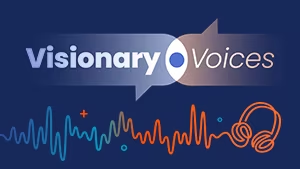
Physician burnout is at a critical point. In this episode, Nicky speaks with Dr Alfred Atanda about why so many physicians are burning out and what can be done to change the trend. From personal experience to system-wide solutions, Dr Atanda shares valuable insights on improving physician well-being and building a more effective healthcare culture.
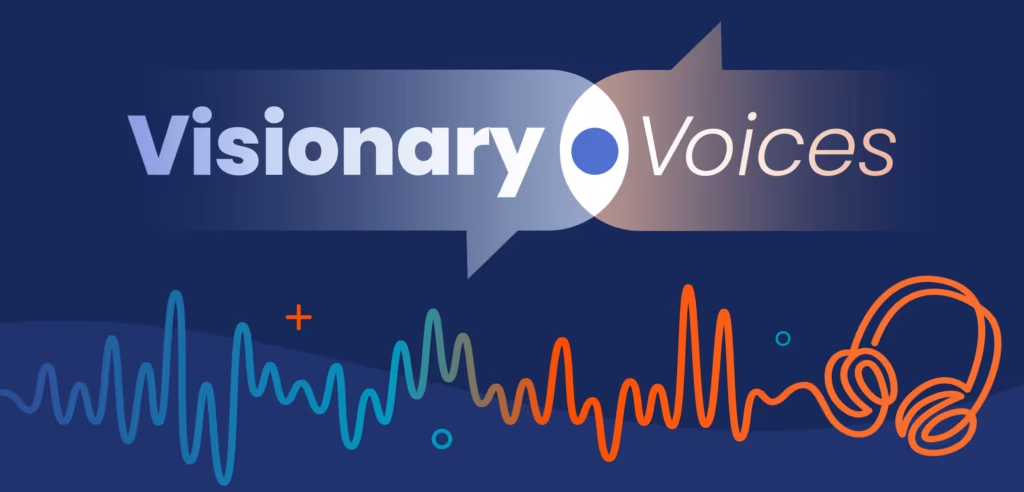
In this episode, we explore the future of continuing medical education (CME) with the team behind touchIME. Hannah Fisher and Matthew Goodwin share insights into global and US trends, the importance of patient inclusivity and how educational outcomes are evolving to better measure the direct impact of learning on clinical practice and patient care.
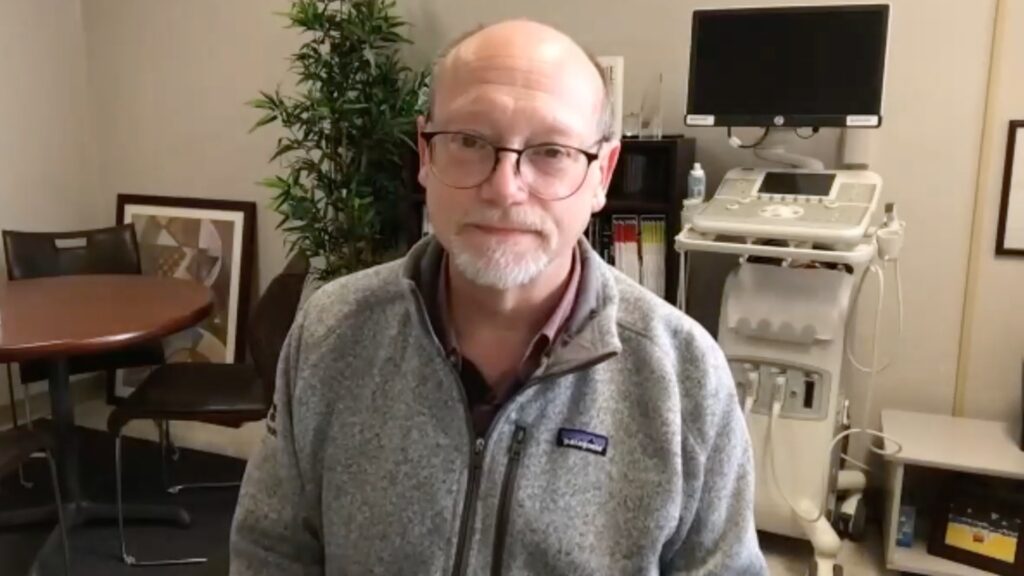
Pegloticase is a urate-lowering therapy that is approved for the treatment of gout. touchIMMUNOLOGY were delighted to speak with Prof. Michael Pillinger (NYU Grossman School of Medicine, New York, NY, USA) to discuss whether urate lowering therapy impacted the neutrophil-to-lymphocyte ...

The neutrophil-to-lymphocyte ratio (NLR) is a biomarker that is increased in patients with active gout. touchIMMUNOLOGY were delighted to speak with Prof. Michael Pillinger (NYU Grossman School of Medicine, New York, NY, USA) to discuss the pathophysiology of gout flares ...
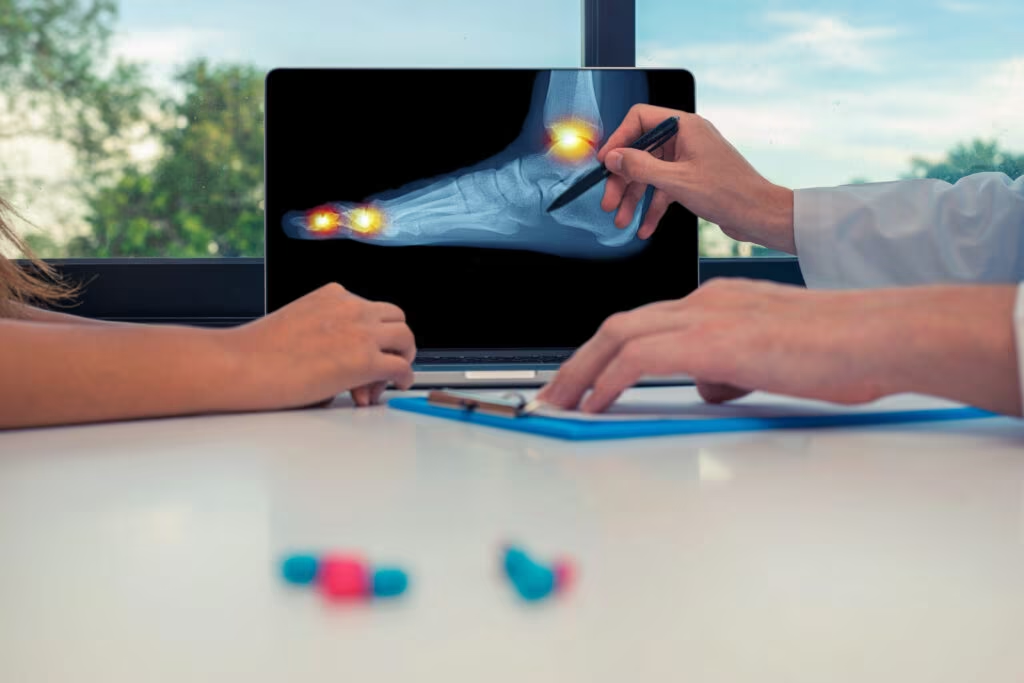
Gout is a systemic and underserved disease. Many primary care physicians are treating gout as an episodic disease, providing therapies for only the acute attack.1 As a result of this, many patients with gout are languishing without even being given ...

The FDA has recently approved pegloticase injection co-administered with methotrexate in uncontrolled gout following the findings from the MIRROR randomized clinical trial presented at EULAR 2022. touchIMMUNOLOGY were delighted to speak with Dr. John K. Botson (Orthopedic Physicians Alaska, Anchorage, AK, ...
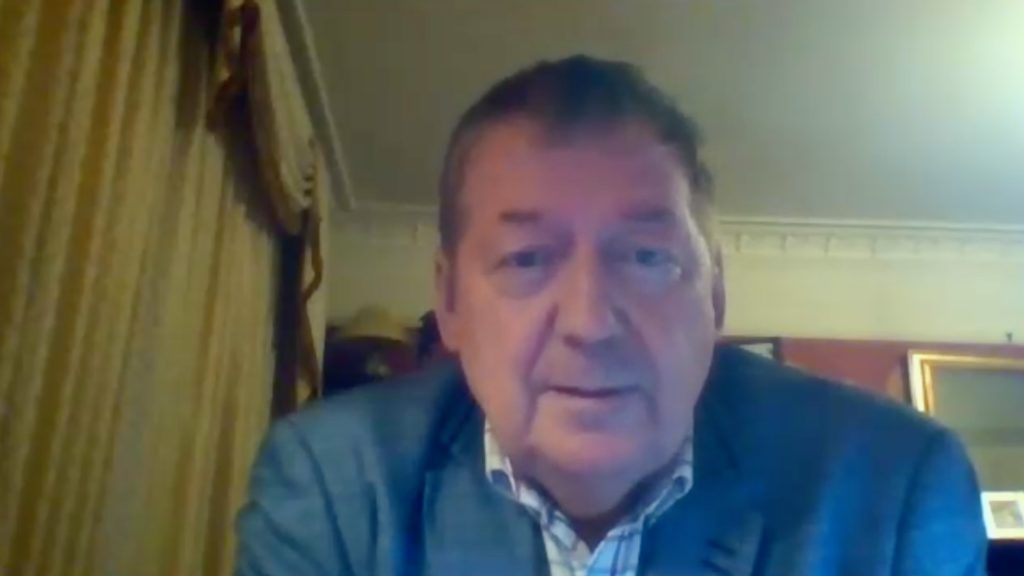
In Part 2, Thomas MacDonald (University of Dundee, Dundee, Scotland, UK) discusses further how the results of the FAST study compared to another study, the CARES trial, which also investigated the cardiovascular risks associated with these two treatments. The late-breaking abstract ...

Following concerns related to the cardiovascular safety of febuxostat, the European Medicines Agency recommended a post-licensing study assessing the cardiovascular safety of febuxostat compared with allopurinol. Here we talk to Thomas MacDonald (University of Dundee, Dundee, Scotland, UK) about the ...
Latest articles videos and clinical updates - straight to your inbox
Log into your Touch Account
Earn and track your CME credits on the go, save articles for later, and follow the latest congress coverage.
Register now for FREE Access
Register for free to hear about the latest expert-led education, peer-reviewed articles, conference highlights, and innovative CME activities.
Sign up with an Email
Or use a Social Account.
This Functionality is for
Members Only
Explore the latest in medical education and stay current in your field. Create a free account to track your learning.



